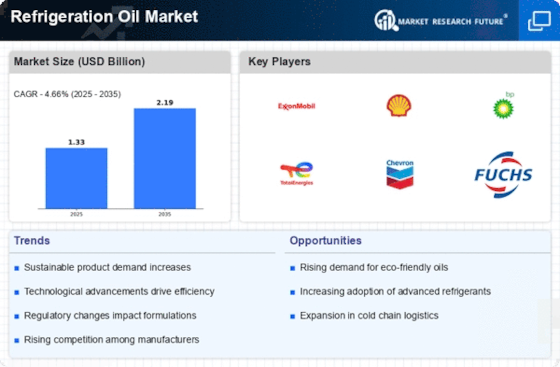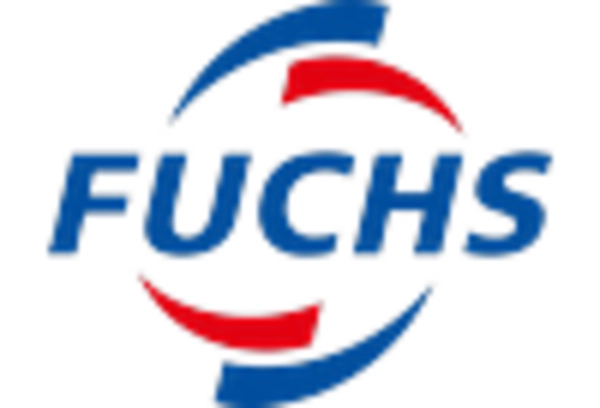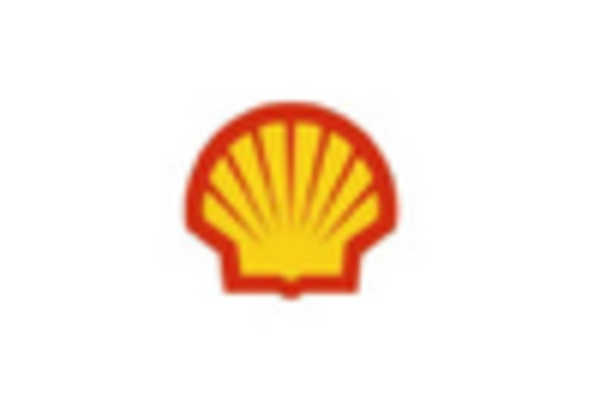Market Trends
Key Emerging Trends in the Refrigeration Oil Market
The refrigeration oil market is witnessing several key trends that are shaping its trajectory and influencing its growth. One significant trend is the increasing demand for refrigeration systems across various industries such as food and beverage, pharmaceuticals, and chemicals. As these industries continue to expand, the need for efficient and reliable refrigeration solutions grows, driving the demand for refrigeration oils.
The increasing demand for synthetic oil has changed the market dynamic for the refrigeration oil industry. With industries moving to green product usage to decrease environmental pollution, A.C. manufacturing industries have adopted the use of natural alternatives available like hydrocarbons, carbon dioxide, and ammonia. All these factors have led to the industrial growth of the refrigeration oil industry by creating new opportunities.
Another important trend is the growing focus on energy efficiency and environmental sustainability. With concerns about climate change and environmental impact on the rise, there is a push towards adopting refrigeration systems that are more energy-efficient and use environmentally friendly refrigerants and oils. Manufacturers are developing new formulations of refrigeration oils that have lower global warming potential (GWP) and ozone depletion potential (ODP), aligning with regulatory requirements and industry standards.
Furthermore, technological advancements are playing a significant role in shaping the refrigeration oil market. Innovations in lubricant additives, such as anti-wear agents and antioxidants, are enhancing the performance and longevity of refrigeration systems. Additionally, the development of synthetic refrigeration oils with superior thermal stability and viscosity characteristics is gaining traction, particularly in applications where traditional mineral oils may not meet the performance requirements.
The rise of the HVAC-R (heating, ventilation, air conditioning, and refrigeration) industry is also driving growth in the refrigeration oil market. With increasing urbanization and the construction of commercial and residential buildings, there is a growing demand for HVAC-R systems to provide comfortable indoor environments. Refrigeration oils play a crucial role in maintaining the efficiency and reliability of these systems, thereby fueling market growth.
Moreover, the COVID-19 pandemic has had a mixed impact on the refrigeration oil market. While the initial disruption caused by lockdowns and supply chain challenges led to a temporary slowdown in demand, the subsequent recovery and rebound in economic activity have spurred the demand for refrigeration oils, particularly in the food and pharmaceutical sectors. The need for cold storage and transportation facilities for vaccines and perishable goods has bolstered demand for refrigeration systems and associated lubricants.
In terms of regional trends, Asia-Pacific is emerging as a key market for refrigeration oils due to rapid industrialization, urbanization, and infrastructure development in countries such as China and India. The growing consumer base, expanding cold chain logistics, and increasing investments in food processing and pharmaceutical industries are driving demand for refrigeration oils in the region. North America and Europe also remain significant markets, driven by stringent regulatory standards and a focus on energy efficiency.
Looking ahead, sustainability and environmental considerations are expected to remain key drivers of innovation and growth in the refrigeration oil market. Manufacturers will continue to invest in research and development to create lubricant solutions that minimize environmental impact while delivering superior performance. Additionally, partnerships and collaborations between industry players and regulatory bodies will play a crucial role in shaping the future direction of the market, ensuring compliance with evolving regulations and standards.


















Leave a Comment